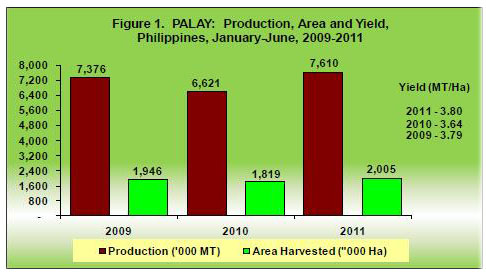PNoy took figures in SONA out of context, analysts claim
In his statistics-driven State of the Nation Address (SONA), the President glossed over figures that would have depicted a more grounded and even less impressive national situationer, an economist and a think-tank analyst said Monday. President Benigno Aquino III trumpeted his accomplishments but not in the context of certain self-imposed targets that he has not met, said University of the Philippines economics professor Winnie Monsod in a telephone interview with GMA News Online. Sonny Africa, research head of independent think-tank IBON Foundation, also told GMA News Online that by excluding certain nuances in data, Aquino effectively reported half truths in his SONA. Reporting the gains of his one-year-old administration, Aquino's SONA focused more on “social transformation," said Communications Strategy Secretary Ricky Carandang, who was part of the team that drafted Aquino’s speech. Rice gains not due to PNoy One of the items in the speech that both Monsod and Africa singled out involves the Philippines’ supposed gains in rice production. In his SONA, Aquino said the Philippines was able to slash the rice shortage in his first year in office, lessening the need for the country to import the commodity. Citing data from the Bureau of Agricultural Statistics (BAS), Africa said the increase in rice production is not directly attributable to the Aquino administration. In its April 2011 Rice and Corn Situation Outlook that was independently accessed by GMA News Online, the BAS projected a 14.9-percent increase in palay production for the first half of 2011, to 7.61 million metric tons (MT) from 6.62 million MT in the same period last year. “This could be attributed to the expansion in harvest area and improvement in yield compared to last year’s conditions when palay production was adversely affected by the El Niño phenomenon," the BAS explained. Give credit to farmers For Africa, this means it is the favorable weather and the efforts of farmers to increase the areas planted to rice that should be credited for the Philippines’ rice productivity gains. “Walang kinalaman ang gobyerno sa weather at sa expansion ng rice lands," Africa said, adding that he did not know of any government project that pushed for an increase in the areas planted to rice. Noting that Aquino was “very proud" of this development, Monsod also said, “That’s not an increase in production but an increase in hectarage." In fact, rice farms were not any more productive in 2011 than in 2009, before the El Niño phenomenon — an abnormal weather pattern characterized by prolonged drought — plagued the country’s rice fields, according to both Monsod and Africa. BAS data showed that rice farms yielded 3.80 MT per hectare (MT/ha.) in 2011 — a 0.01-MT/ha. difference from 3.79 MT/ha. in 2009 when the Arroyo administration was still in office. In 2010, during the onslaught of the El Niño phenomenon, areas planted to rice yielded 3.64 MT/ha. of the staple grain.

For the latest Philippine news stories and videos, visit GMANews.TV The reported noted that among the former presidents’ achievements include Corazon Aquino’s fast rebuilding of the country’s democratic systems, Fidel Ramos’ actions to address the electricity and power crises during his reign, Joseph Estrada’s ability to pacify the nation in the aftermath of the 1997 Asian financial crisis, and Gloria Macapagal-Arroyo’s focus on the economy. — With a report by Bea Cupin/VS, GMA News





